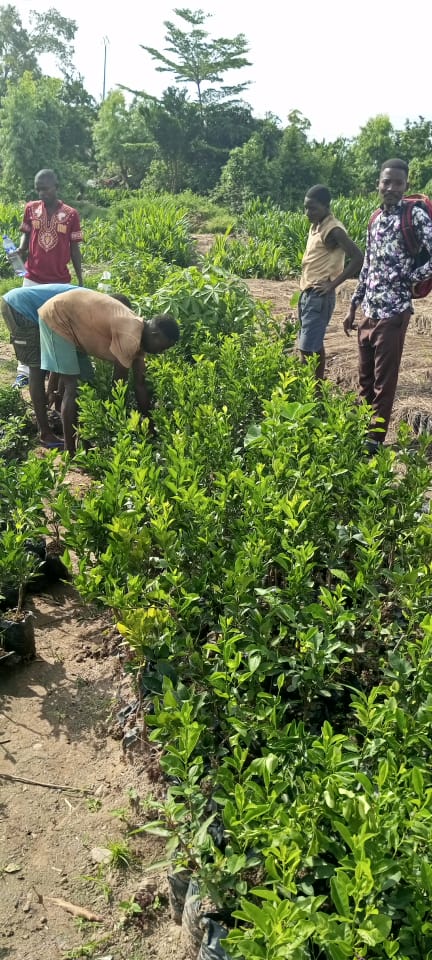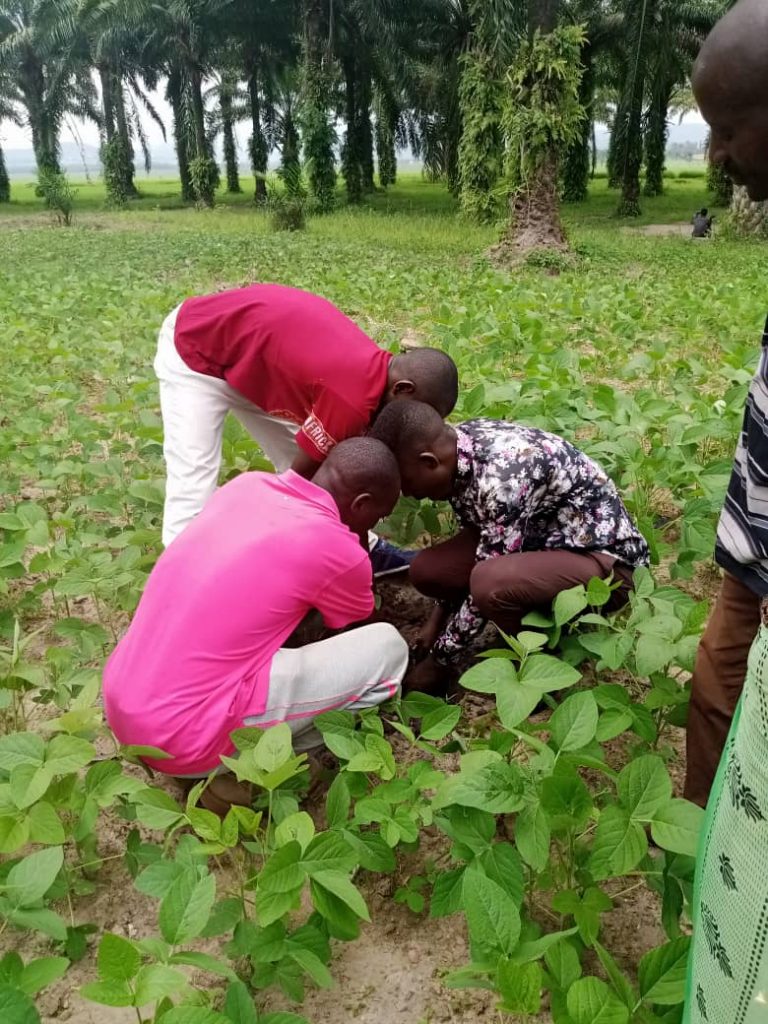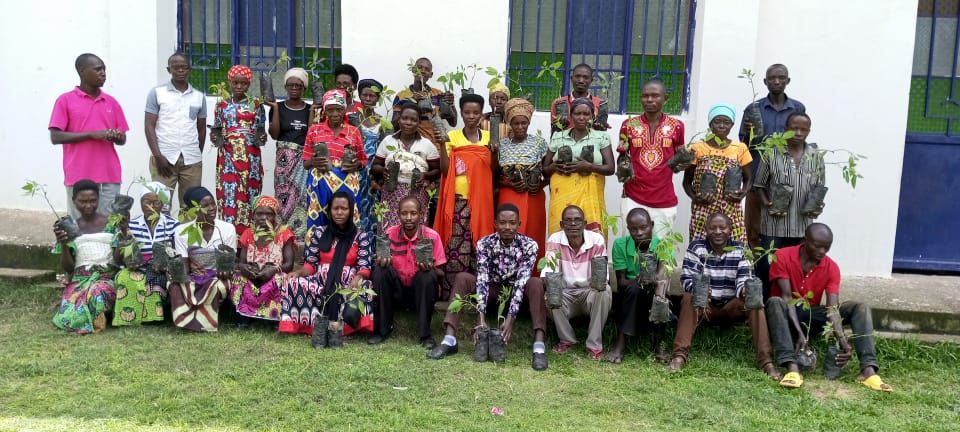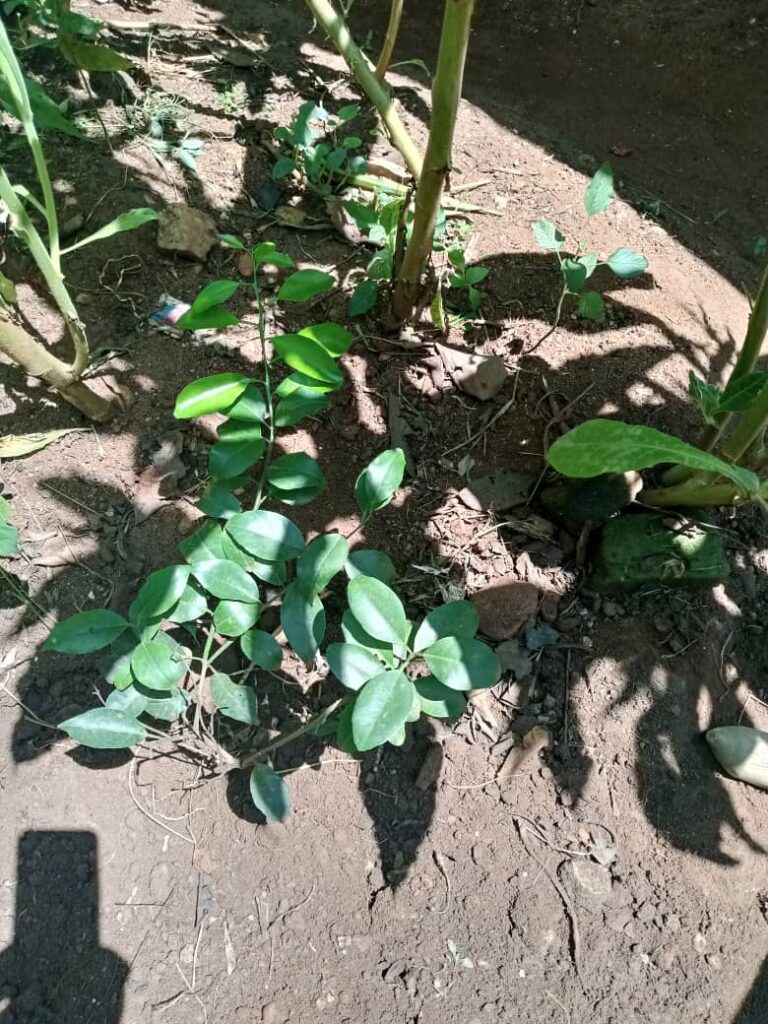Addressing food insecurity and poverty in Burundi
Food insecurity is one of the biggest challenges that the African Continent has to overcome. Burundi is one of the countries most affected by food insecurity among the 79 countries listed in the Global Hunger report. Despite the national strategies and the plan of action that have been defined, the problem of food and nutritional insecurity continues to rise acutely.
In Africa, 60% of the populations are smallholder farmers, the effort to achieve the Sustainable Development Goals by 2030, especially on Goals No 1, 2, 3 will require more attention and efforts in the agriculture sector and rural development.
It is in with that framework that ICMICA engages its partners to find strategic responses to address malnutrition and food insecurity. The design and implementation of the project goes in this direction and also supports the mission of Pax Romana in ” serving the less privileged in the community and giving priority to meeting their needs” – “Preferential Option for the poor”.
Capacity building for local farmers
Training on composting techniques
Beneficiaries were trained on different techniques for composting organic wastes and the difference between organic and mineral fertilizers. Beneficiaries are aware that composting helps to clean up the environment, protect and preserve soil quality and soil health and increases agricultural production.
Training on vegetables gardening
The training was on preparation of the nurseries: tomatoes, lenga lenga, onions, eggplants, and cabbages, sharing good practices of growing vegetables and cultivation of watermelons.
Capacity building on food, body, and health hygiene
The training focuses on the management of the available resources to ensure a balanced diet and hygiene, the importance of hand washing, vegetables growing among food crops, the importance of a balanced diet from childhood to old age.
Equipment support
Project beneficiaries are very committed to improving their lives. Those who do not have enough land were grouped into an association so that they could move together. The nearby parish has helped them with a land for farming. The lack the necessary equipment for farming (water cans, hoes) has been crippling food production among poor farmers as they can no longer afford the costs.
Even though there is an aim to bring the project to a bigger scale to maximize production by introducing new technology, such as mechanization, drips irrigation, etc. The project started by ensuring that people are committed to grow at a smaller scale. Technology only comes to boost local efforts.
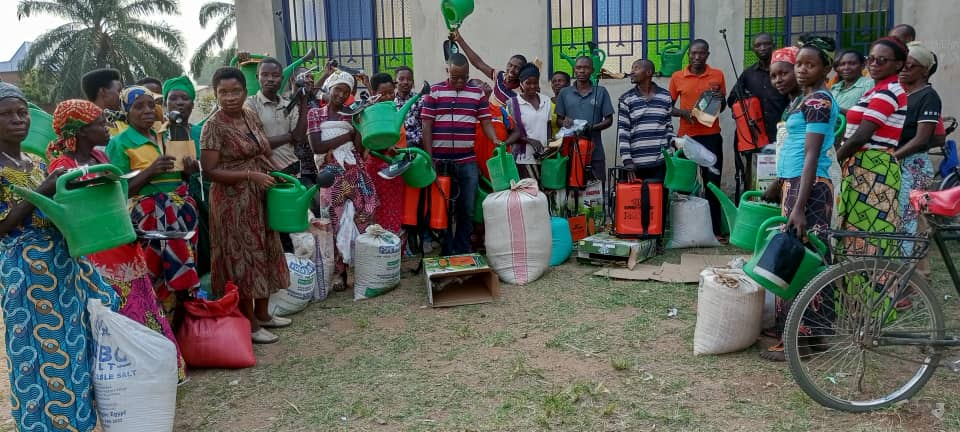
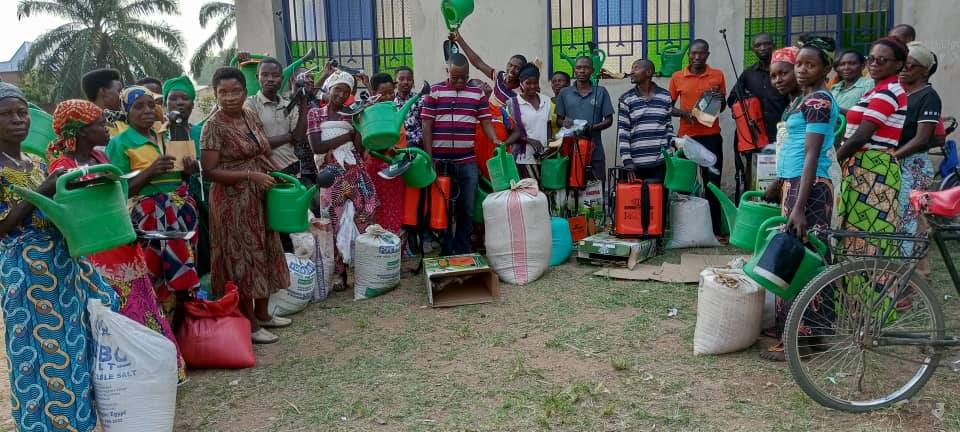
Supporting food security and food diversification
Vegetable farming: farmers were encouraged to plant vegetables to ensure food diversification and a balanced diet. This initiative was conducted with the view of ensuring that smallholders farmers are able to meet the food demand for their families on daily basis. For a start, they planted tomatoes, lenga lenga, watermellon, cabbages, etc.
After a few months after the cultivation, here is the state of their farms.
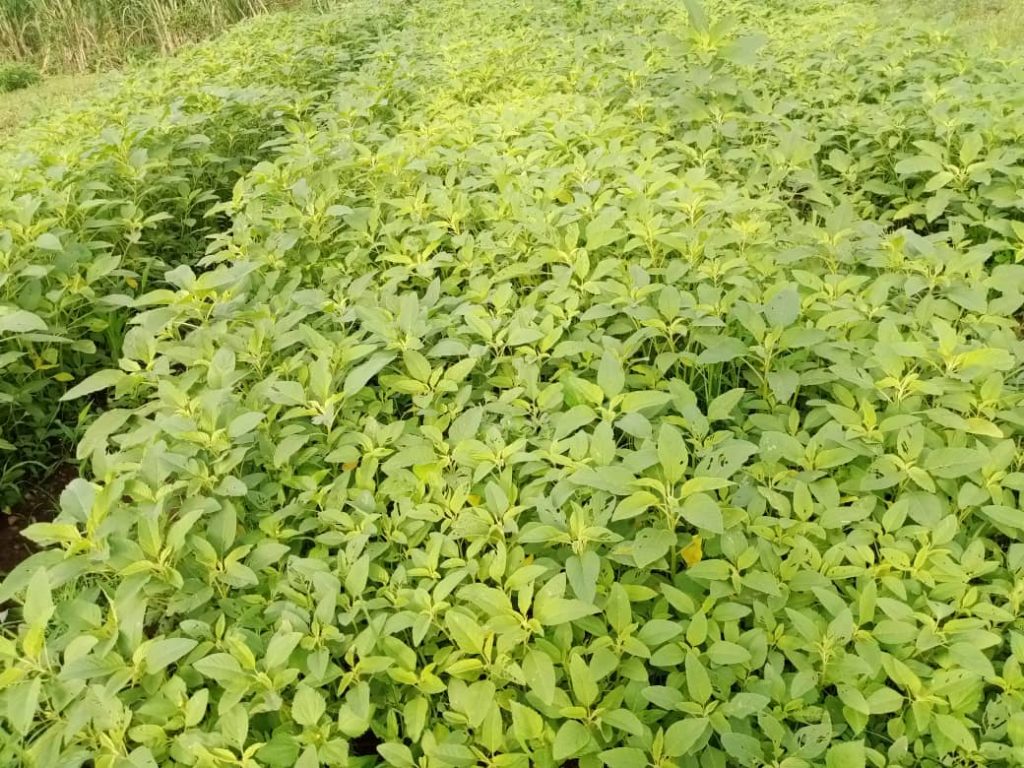
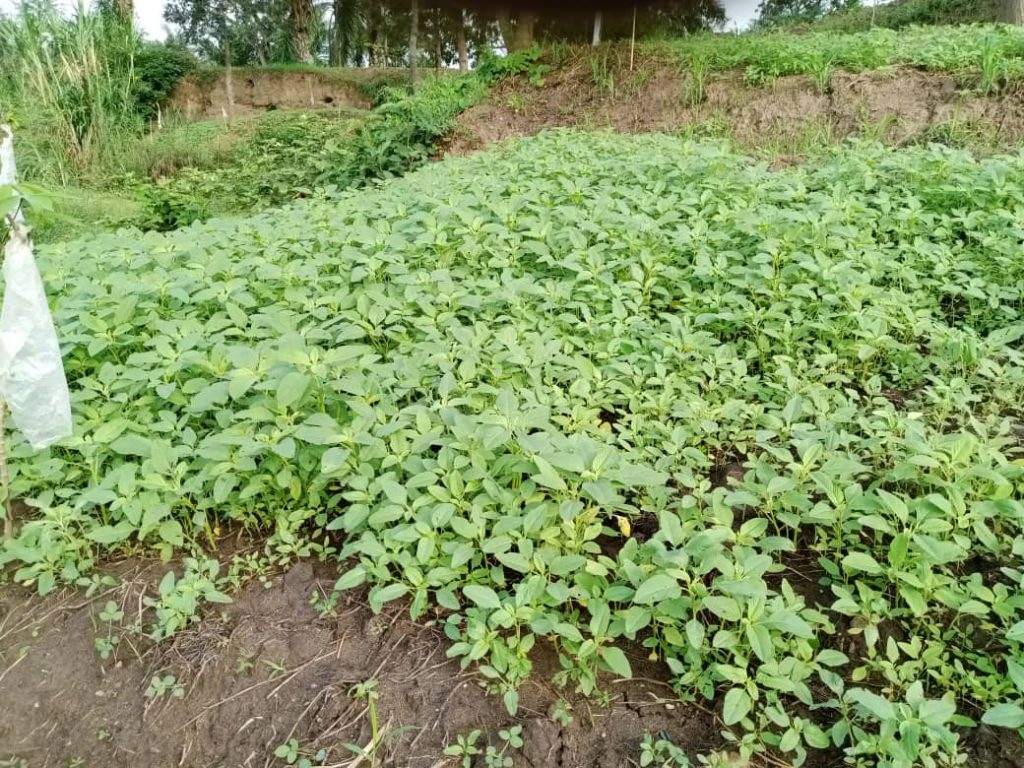
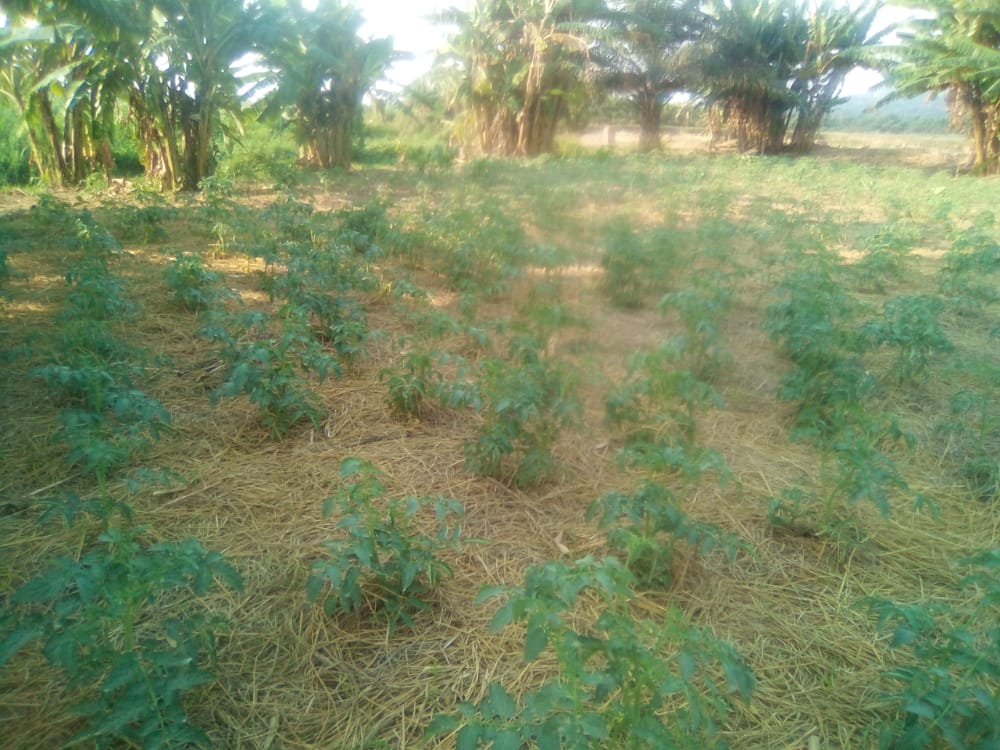
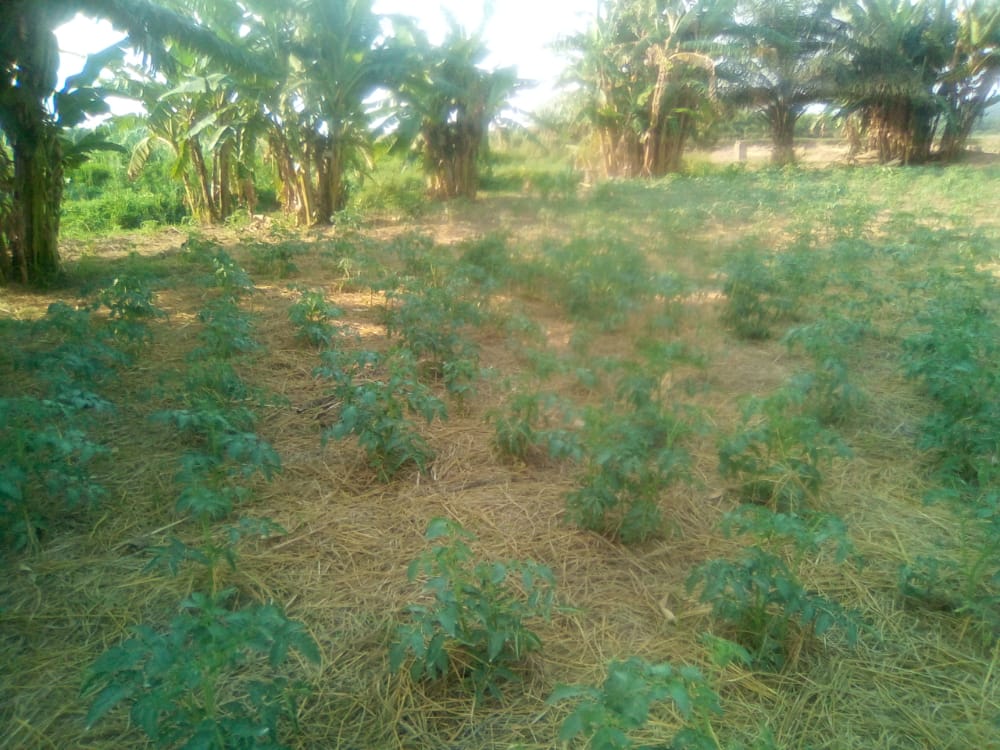
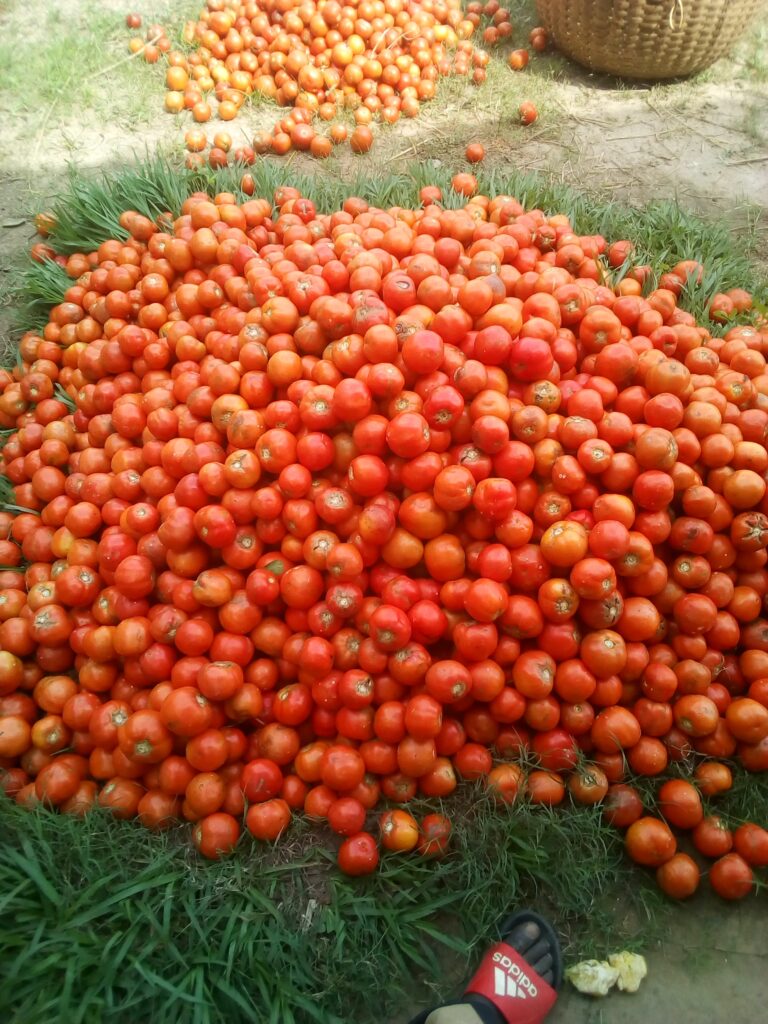
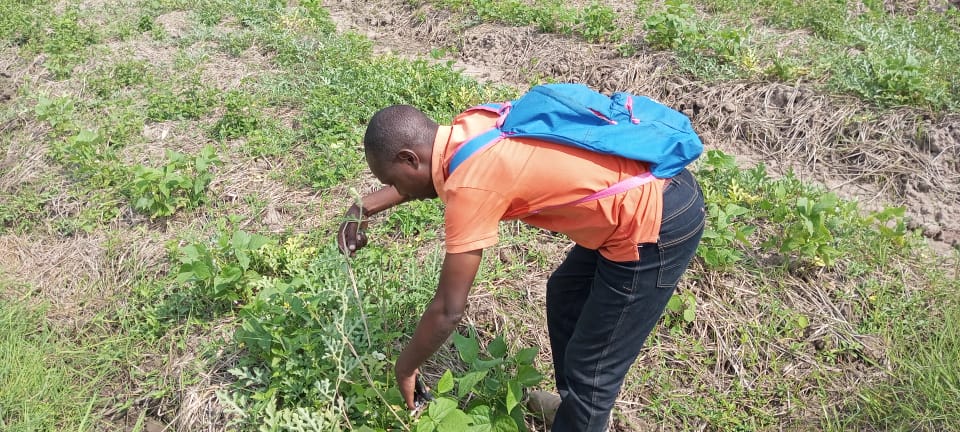
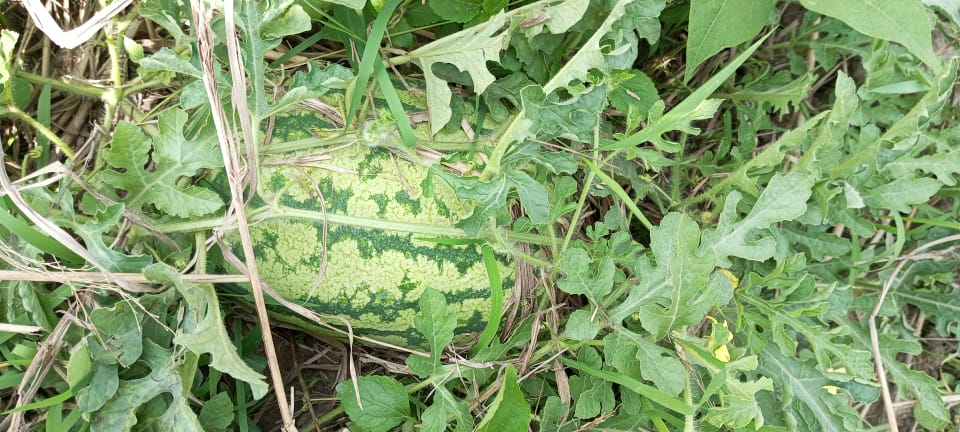
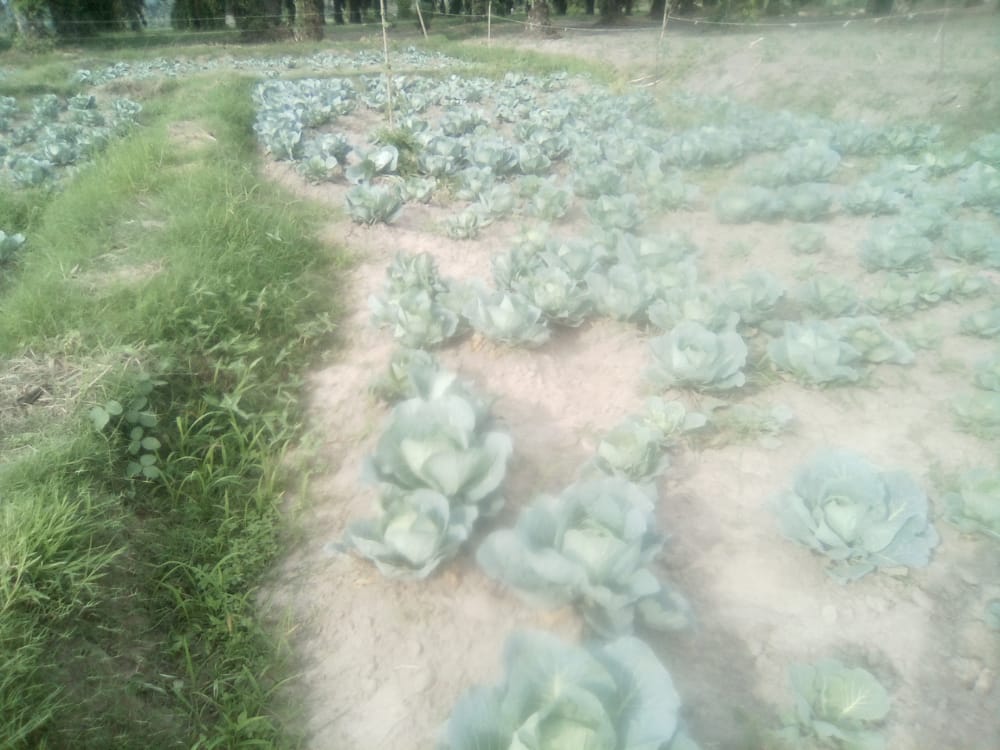
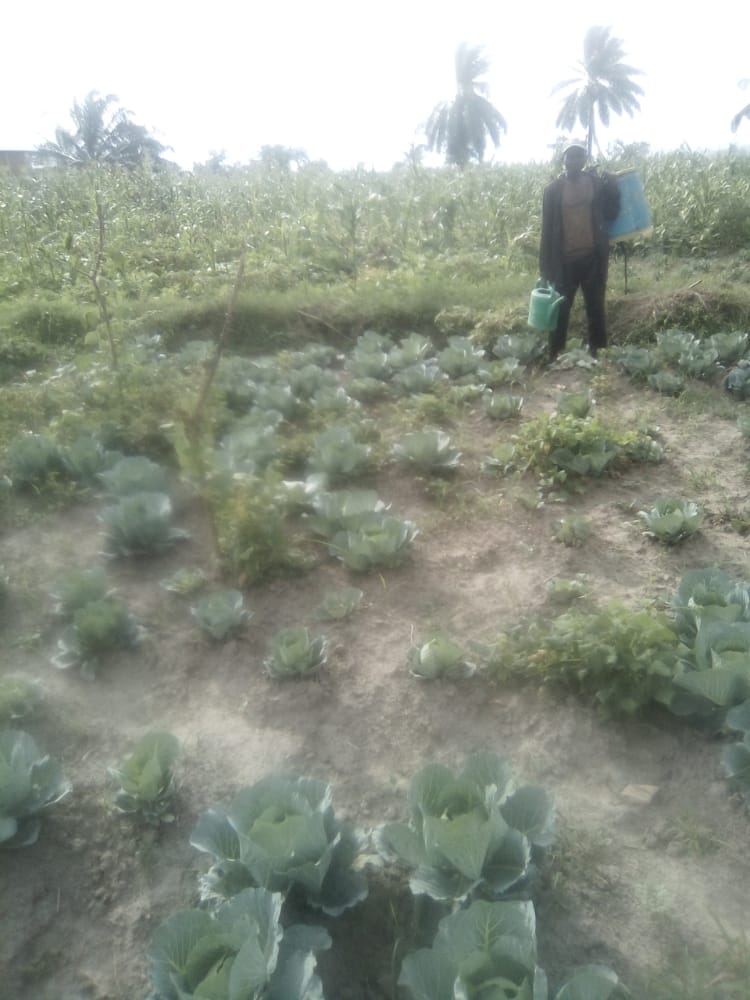
Vegetable sack gardening:
One of the biggest challenges that the beneficiaries face is the land. The land at their possession is very small and cannot provide enough to meet their needs for the whole year/season. It is even impossible to think that they will have a surplus to sell while they do not have enough for food. The project team advised them to do sack farming to bridge the gap and cover the need for vegetables. They were given sacks and the technician taught them the techniques.
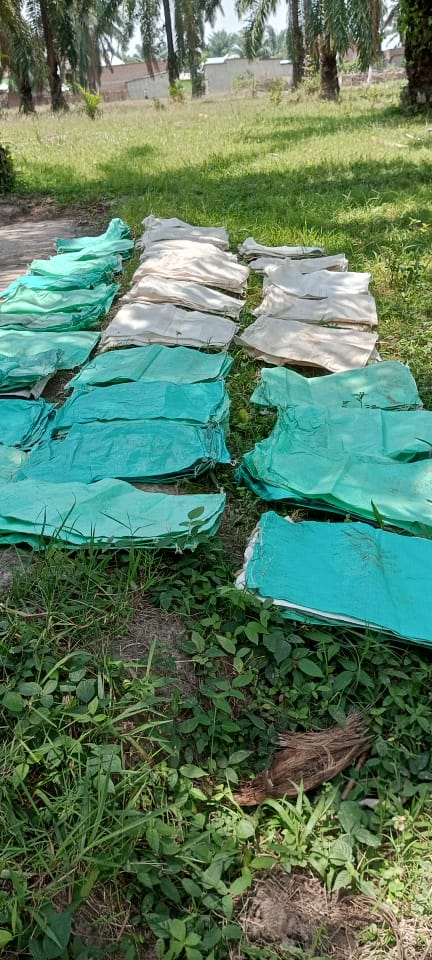
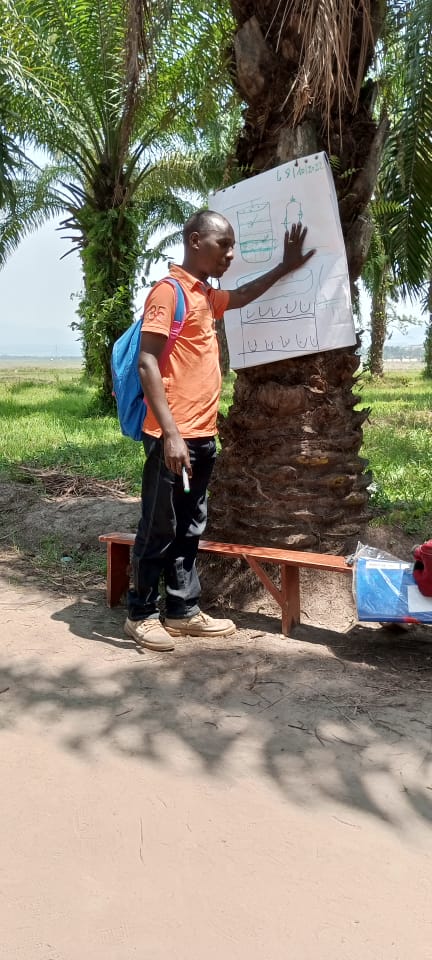
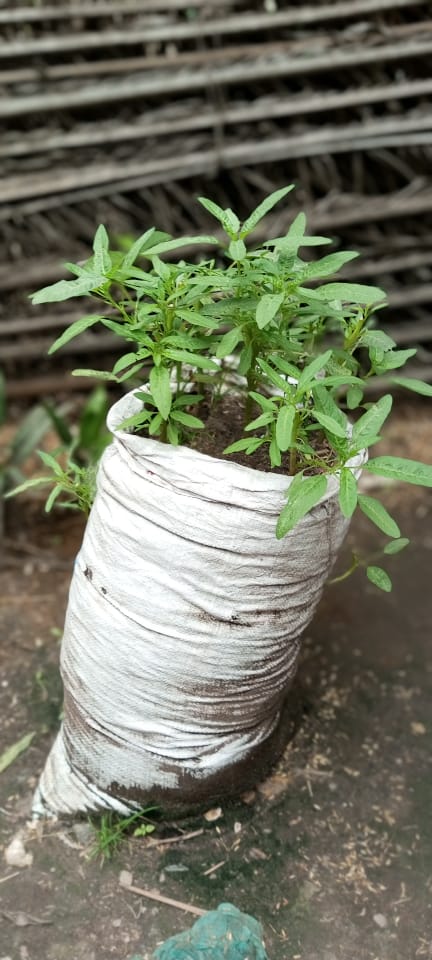
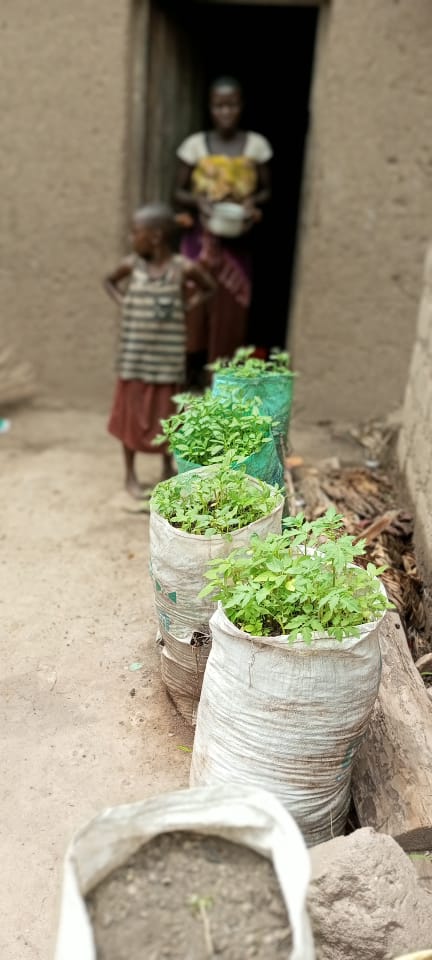
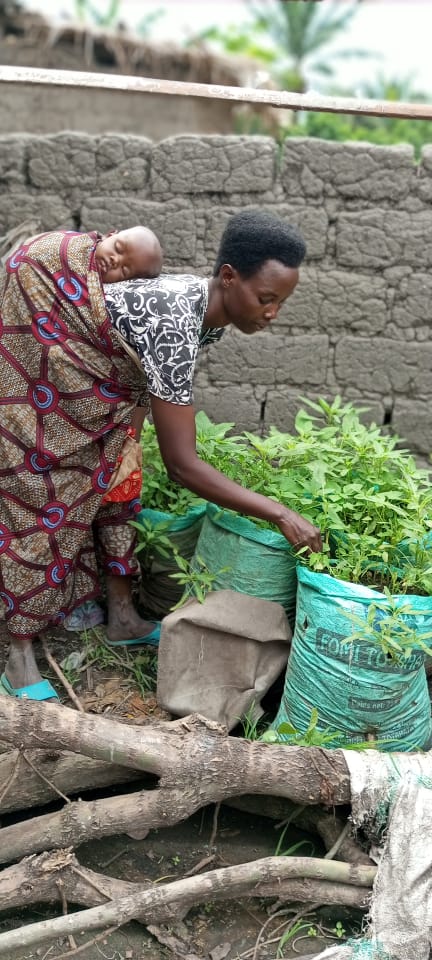
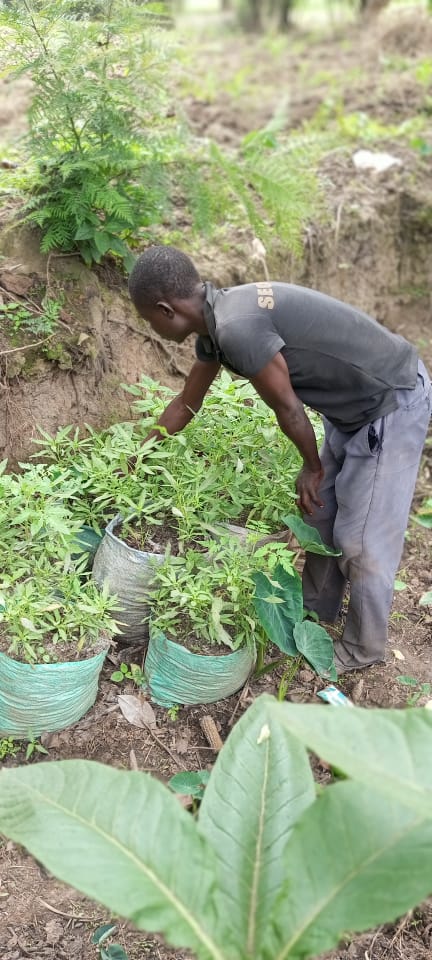
Soya beans farming for cash crops: Farmers also requested to cultivate soya beans for food (nutrition boost) and cash crops since it is easier to find market for them.
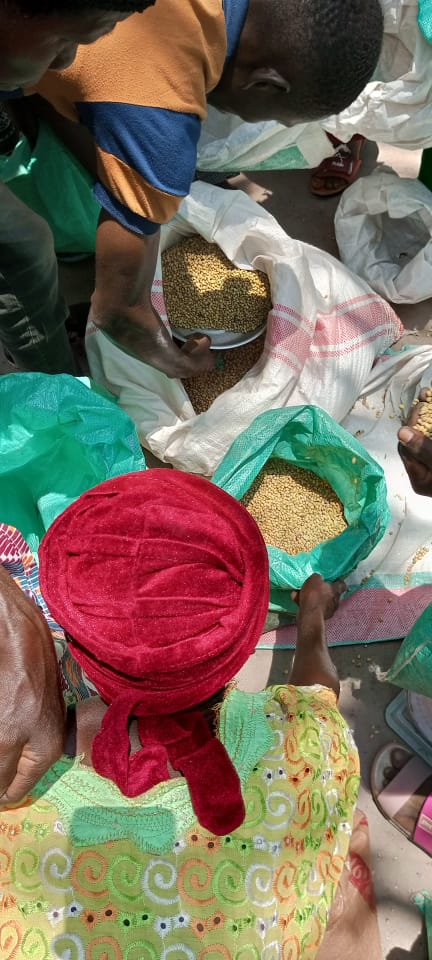
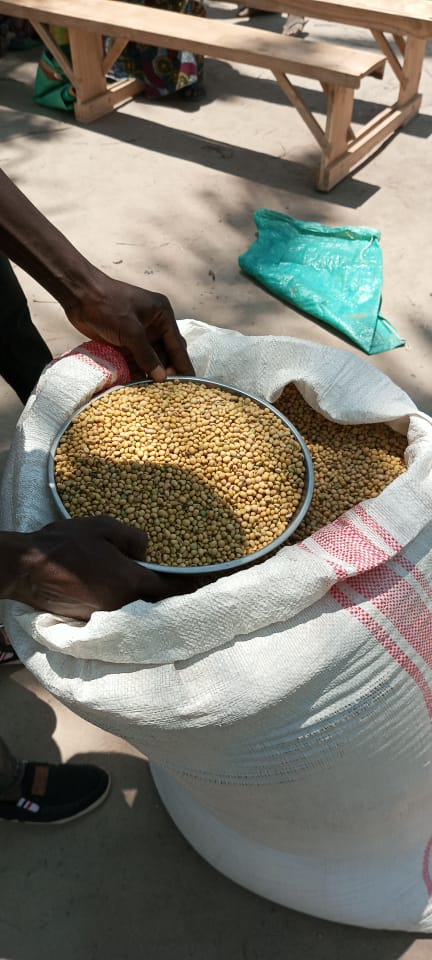
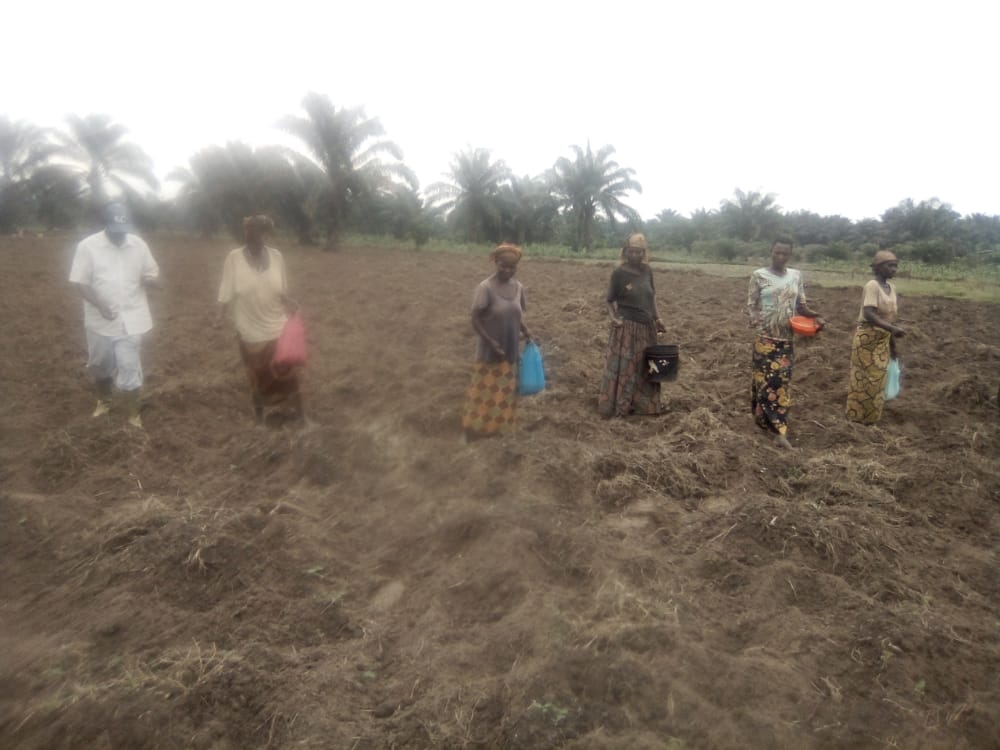
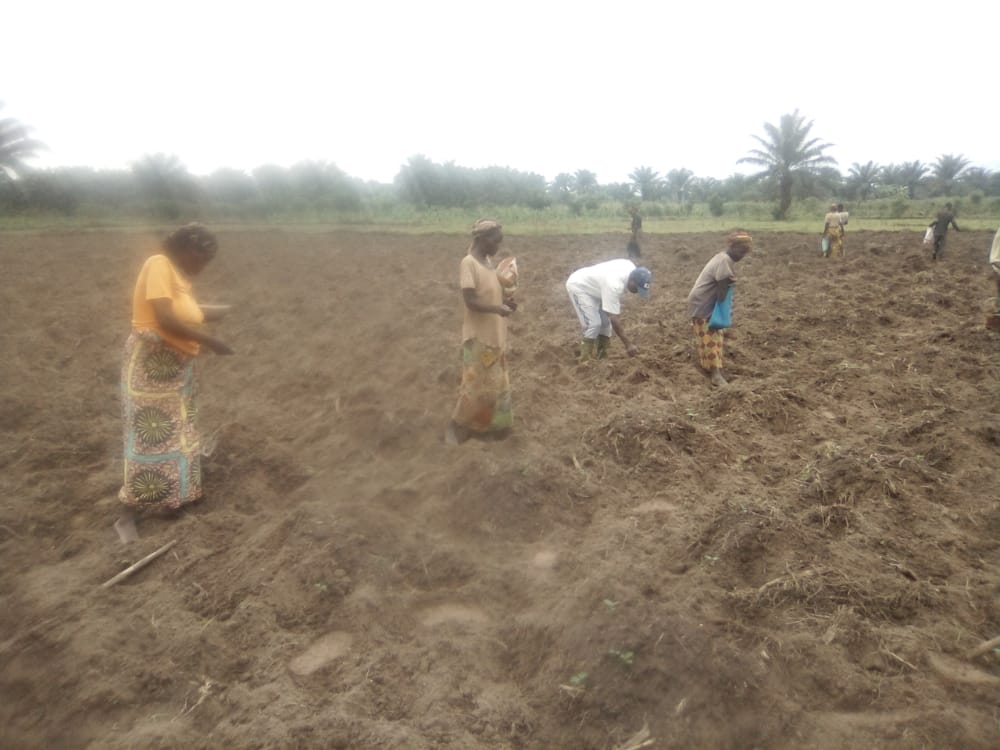
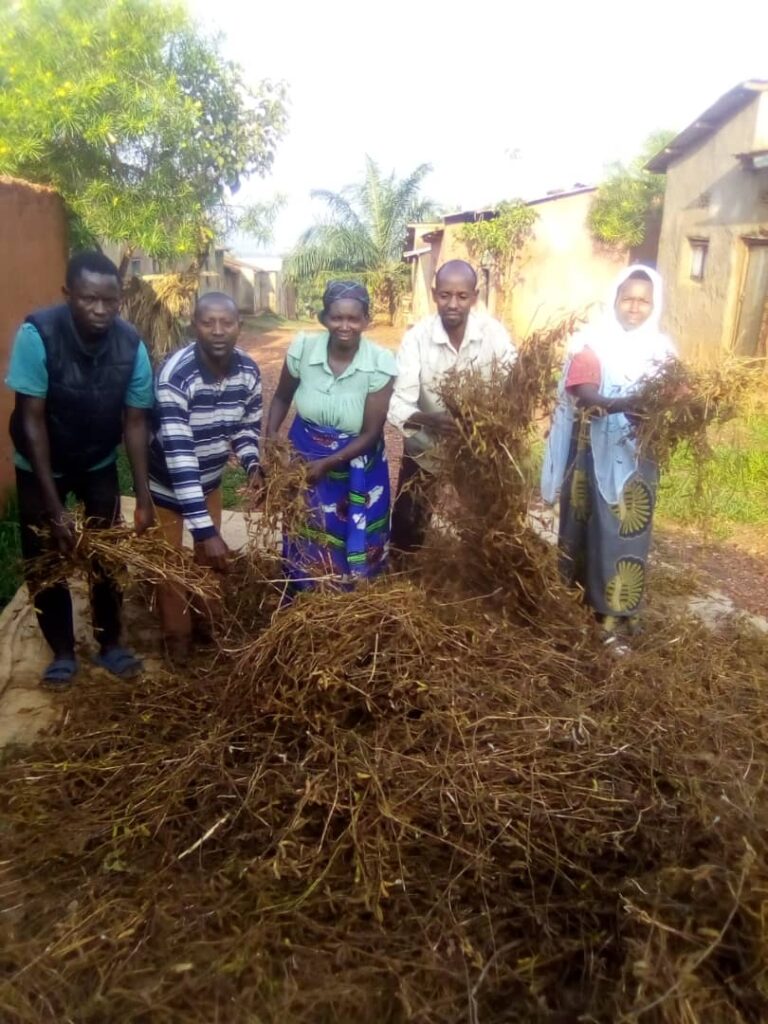
Rice farming: Project is equipping farmers with skills and techniques of rice farming (SRI) with the intention of increasing production to meet food demand.
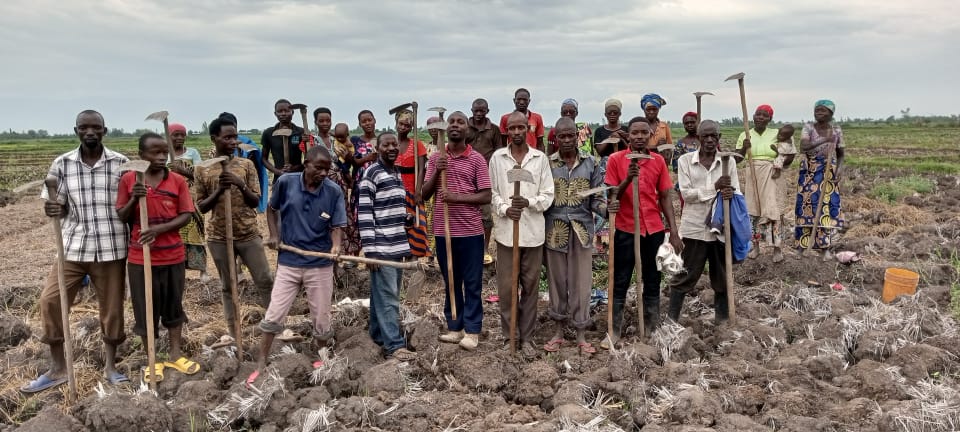
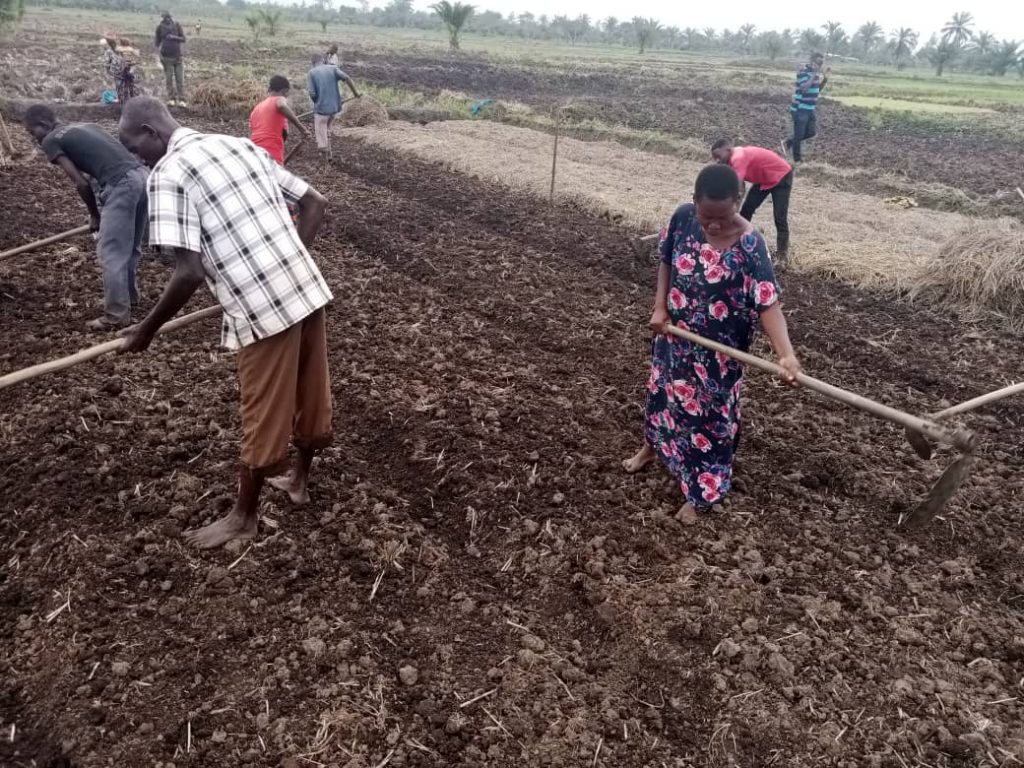
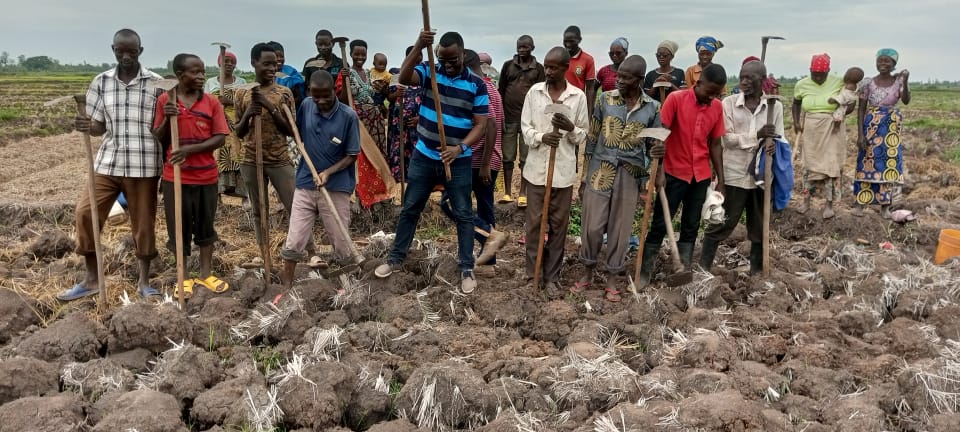
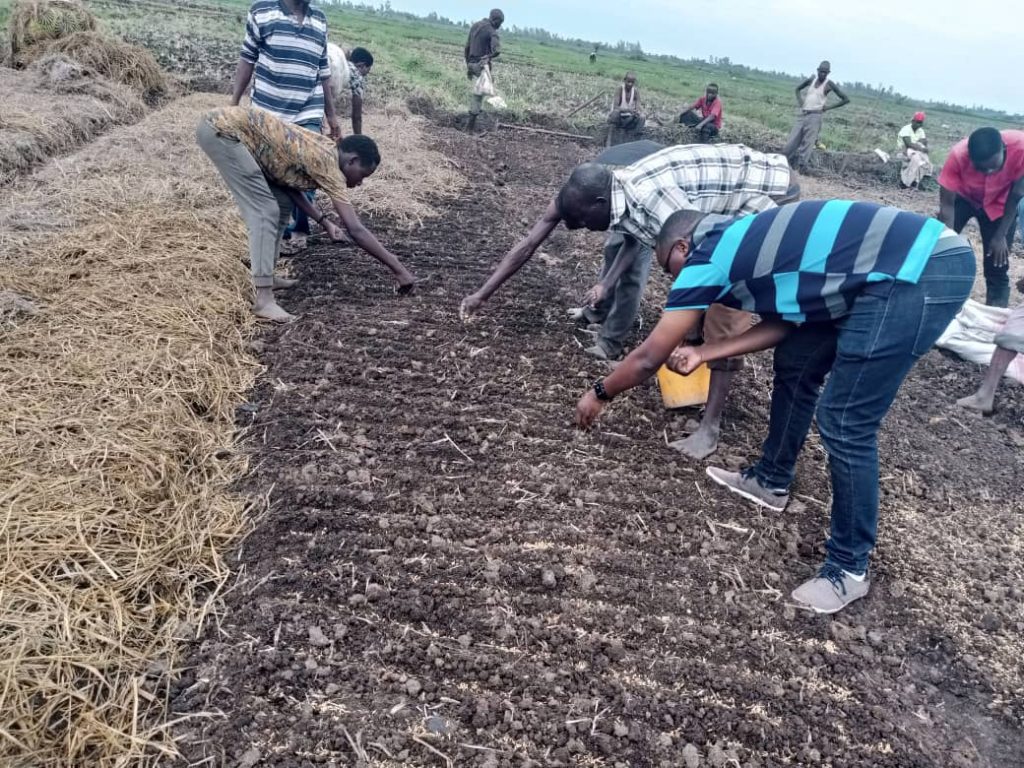
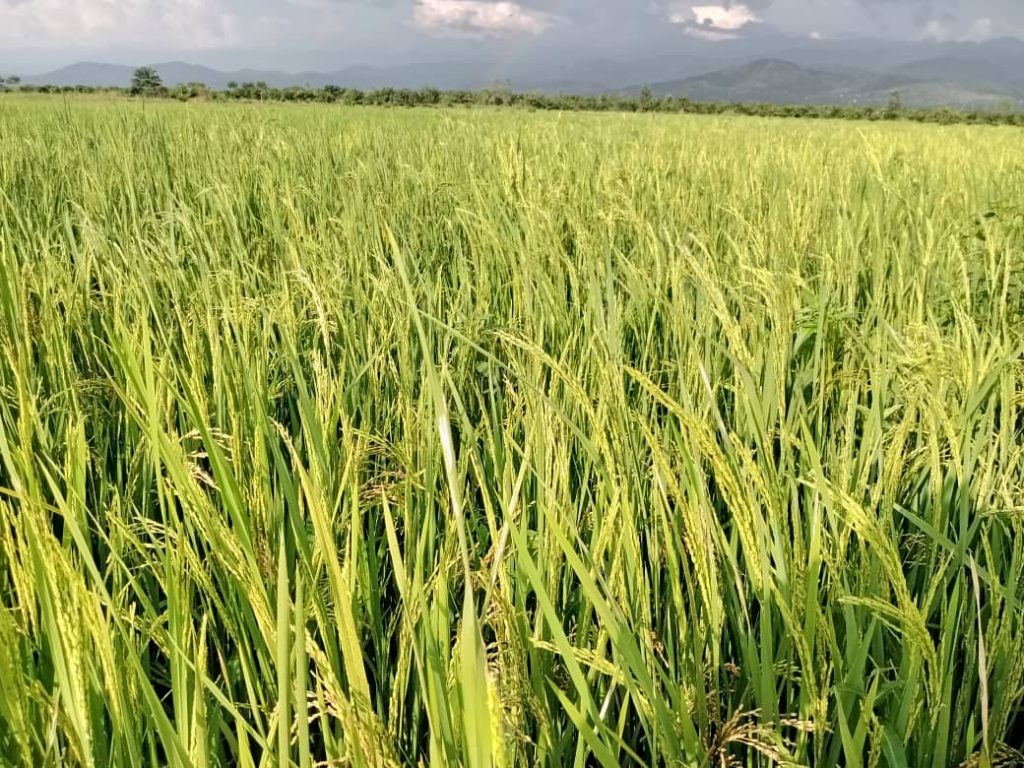
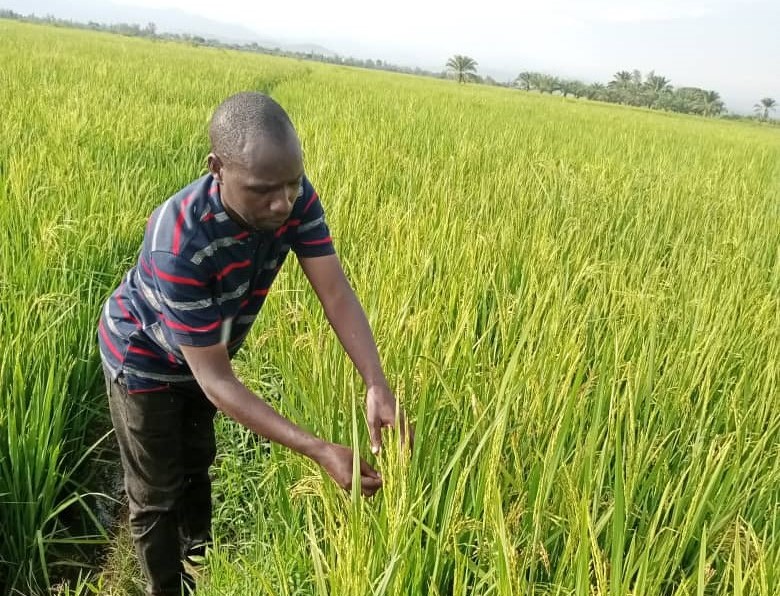
Promoting organic farming and soil health preservation
To preserve and restore soil health, farmers were taught in July 2022 about better techniques of composting. They were also encouraged to reduce the use of chemicals on the farms. The new technique of composting allowed them to get the compost ready for use within two months which is shorter than their traditional techniques (06 months).
Below are the photos (November 2022).
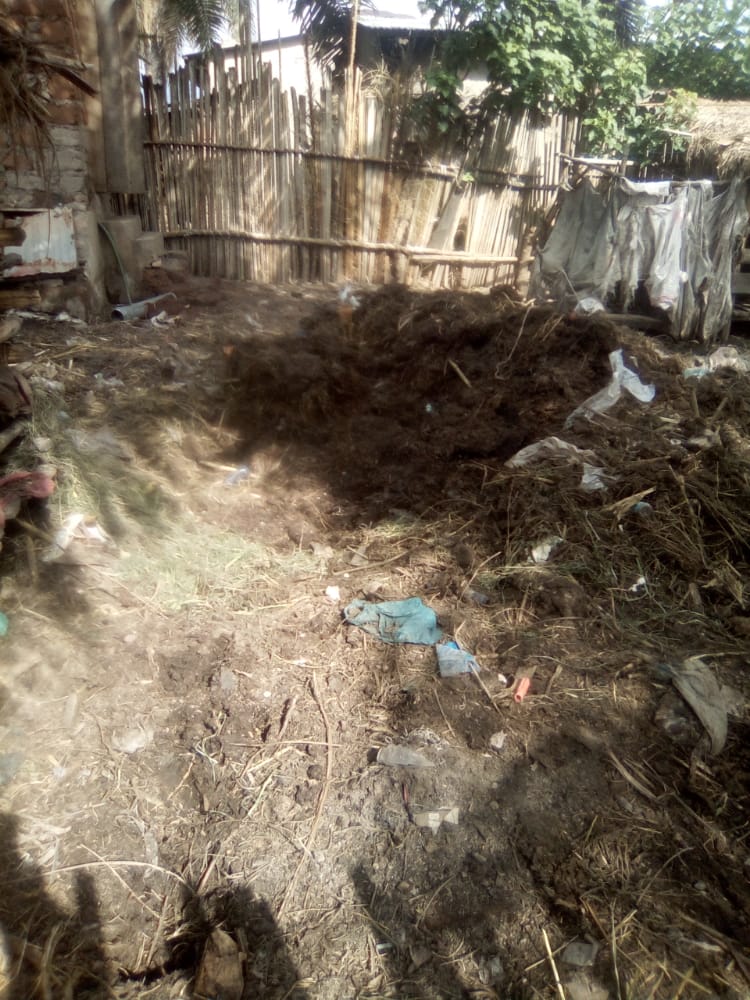
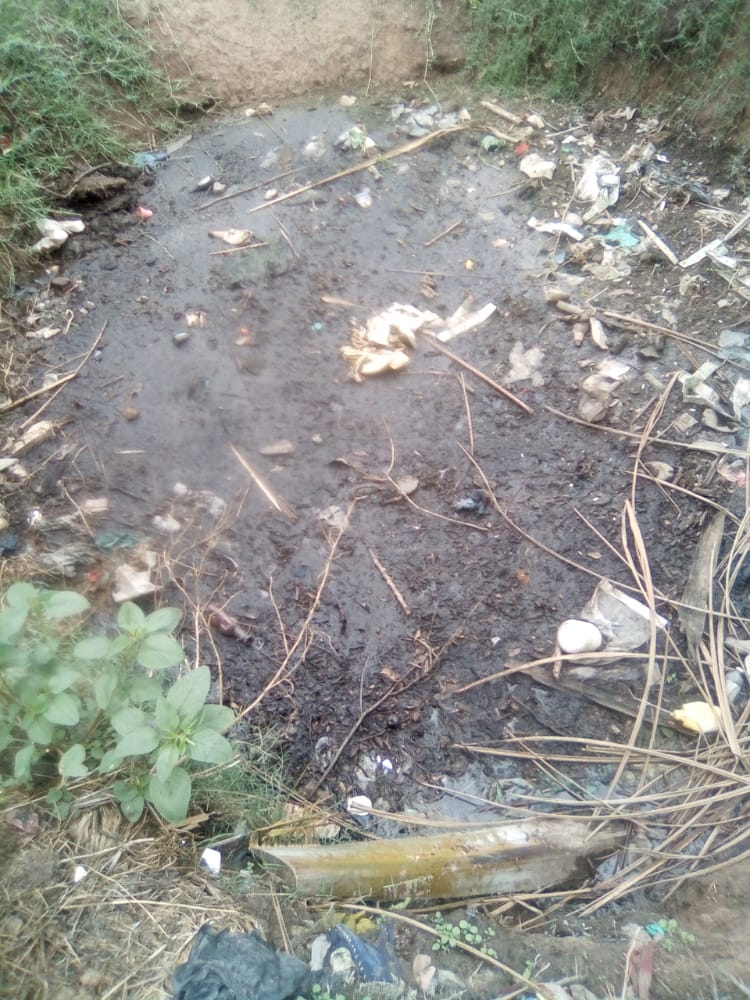
Increase tree cover and carbon sinks
